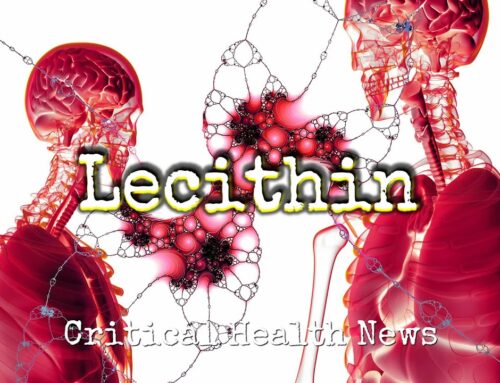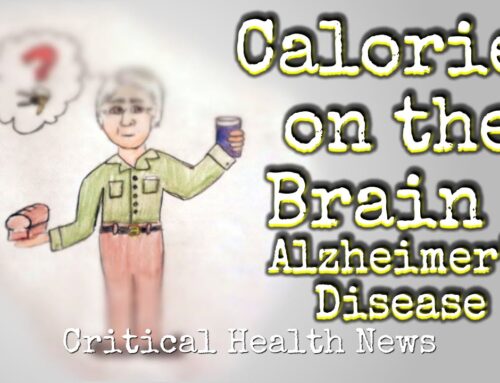Psychologists emphasize that happiness isn’t solely about obtaining what we want; it involves choices and cultivating virtues. This concept is rooted in the phenomenon of hedonic adaptation, where we gradually become desensitized to the pleasure of our achievements. This article explores the notion that genuine happiness goes beyond mere desires and momentary pleasures.
Discover the true essence of happiness as we delve into the intricate relationship between desires, pleasures, and lasting contentment. While many perceive happiness as the outcome of fulfilling wishes and acquiring experiences, this article reveals that achieving sustained happiness requires a deeper understanding.
The Hedonic Adaptation Phenomenon: Unveil the science behind hedonic adaptation—a psychological tendency to grow accustomed to positive experiences. Understand how our initial excitement and pleasure derived from accomplishing our dreams can gradually wane over time, leading to a quest for more to maintain the same level of satisfaction.
Aristotle’s Perspective on Happiness: Explore the wisdom of Aristotle, the ancient Greek philosopher, who contended that genuine happiness necessitates more than momentary pleasure. Dive into his theory that true happiness emerges from cultivating virtues and striving for long-term goodness. Discover how he believed that happiness requires conscious decision-making for sustained benefits, even if short-term sacrifices are involved.
The Concept of “Eudaimonia”: Uncover Aristotle’s concept of “eudaimonia,” often translated as “the perfect self.” Delve into how this notion refers to the pursuit of self-improvement and virtuous living, which contributes to a meaningful and fulfilling life. Understand the role of challenging efforts and consistent actions in achieving this state of being.
Transcending Immediate Gratification: Explore relatable examples, such as the post-workout satisfaction after a challenging gym session, that mirror Aristotle’s perspective on happiness. Grasp the idea that genuine contentment arises from the pursuit of excellence and the choices we make, rather than fleeting pleasures.
As we wrap up our exploration, it becomes clear that happiness is a complex interplay between desires, choices, and virtues. The pursuit of “eudaimonia” offers a profound understanding of sustained contentment that goes beyond momentary pleasures. By embracing Aristotle’s wisdom, we can navigate life with purpose, working towards a state of lasting happiness through meaningful actions and character development.










